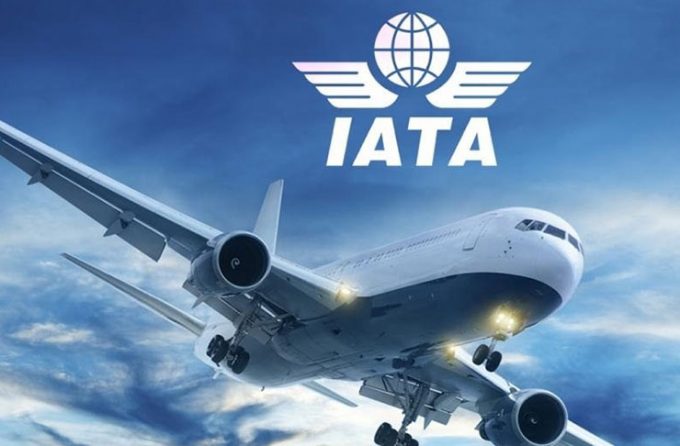The International Air Transport Association (IATA) urged governments to accept best-in-class rapid antigen tests in fulfillment of COVID -19 testing requirements following the publication of new research by OXERA and Edge Health.
- The OXERA-Edge Health report, commissioned by IATA, found that antigen tests are:Accurate: The best antigen tests provide broadly comparable results to PCR tests in accurately identifying infected travelers. The BinaxNOW antigen test, for example, misses just one positive case in 1000 travellers (based on an infection rate of 1% among travelers). And it has similarly comparable performance to PCR tests in levels of false negatives.
- Convenient: Processing times for antigen tests are 100 times faster than for PCR testing
- Cost-efficient: Antigen tests are, on average, 60% cheaper than PCR tests.
Assessment of the effectiveness of rapid testing for SARS-CoV-2 resulted in the following statement:
“Restarting international aviation will energize the economic recovery from COVID-19. Along with vaccines, testing will play a critical role in giving governments the confidence to re-open their borders to travelers. For governments, the top priority is accuracy. But travelers will also need tests to be convenient and affordable. The OXERA-Edge Health report tells us that the best-in-class antigen tests can tick all these boxes. It’s important for governments to consider these findings as they make plans for a re-start,” said Alexandre de Juniac, IATA’s Director General and CEO.
Options
Testing requirements are currently fragmented, which is confusing to travelers. Moreover, many governments do not allow rapid testing. If the only options available for travelers are PCR tests, these come with significant costs disadvantages and inconvenience. And in some parts of the world, PCR testing capacity is limited, with first priority correctly given to clinical use.
“Travelers need options. Including antigen testing among acceptable tests will certainly give strength to the recovery. And the EU’s specification of acceptable antigen tests offers a good baseline for wider international harmonization of acceptable standards. We now need to see governments implement these recommendations. The goal is to have a clear set of testing options that are medically effective, financially accessible, and practically available to all prospective travelers,” said de Juniac.




